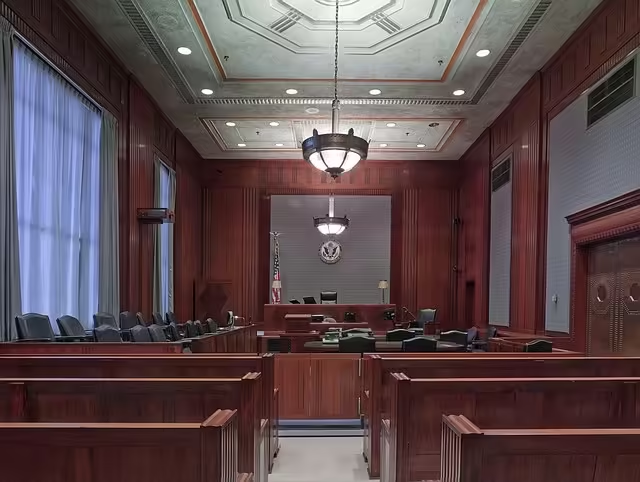If a victim doesn’t show up to trial, it can significantly impact the prosecution’s case. The absence of the victim may lead to delays, a dismissal of charges, or a weaker case if their testimony is critical. However, the trial might still proceed if other evidence or witnesses can support the prosecution’s arguments.
When a victim fails to appear in court, the prosecution faces challenges, especially if the victim’s testimony is vital to proving the case. In some instances, the prosecution may request a continuance to reschedule the trial, giving them time to locate the victim or encourage their appearance. However, repeated absences may lead the judge to dismiss the charges, particularly in misdemeanor cases where the victim’s testimony is central to the prosecution.
In more serious cases, such as felonies, the prosecution might proceed without the victim by relying on other forms of evidence, such as physical evidence, statements made by the victim to law enforcement, or testimony from other witnesses. Additionally, if the victim’s absence is due to intimidation or fear, the court may take measures to protect the victim and still allow the trial to continue. Ultimately, the outcome depends on the specific circumstances of the case, the importance of the victim’s testimony, and the available evidence.



